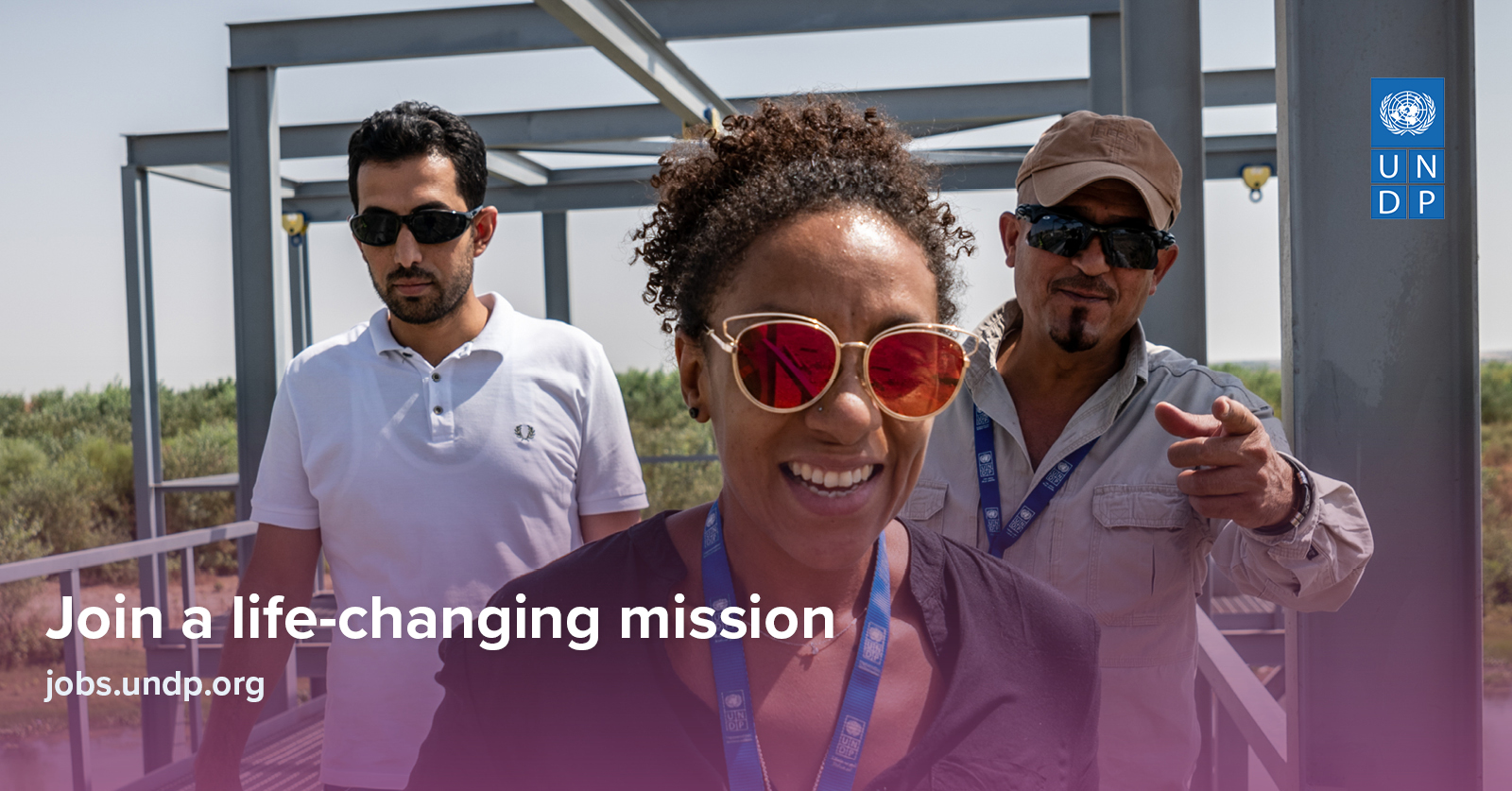
Sierra Leone has held democratic elections between 1996 and 2018 marking the successful transfer of power from one regime to another. Women’s representation in elected office or other sectors of public life remains a challenge with about 13% of women in Parliament, 18% of local councillors and 6.6% of Paramount chiefs; no female flag bearer candidate has been put forward by a major political party. Women constitute more than 50% of the population and are quite active in political party campaigns but not as candidates. At local governance levels including chiefdom leadership, women’s contribution hardly results in a female-led local leadership. With low levels of representation, women’s access to resources is minimised and this further excludes them from participation and consequently reduces the chance of getting into leadership. The Government of Sierra Leone, adopted the Gender Equality and Women’s Empowerment Policy in 2020, and commenced the development of the Gender Bill in 2021. The Bill aims to address structural barriers by legislating a quota threshold for women’s inclusion in elected office, other public offices and private sectors.
Commonly held views on the rationale for low women representation in leadership positions are that literacy levels, economic mean, confidence and capacities are lower in women than their male counterparts; 60% of girls are married off before the age of 18. Acquisition of soft skills such as public speaking and debate, granting interviews, etc. are further limited. UNDP through the 2019 Funding Window Project, “Improving Women’s political participation in Parliament and Local Councils,” supported the development of a mentoring guide aimed at engaging and mentoring adolescent girls for potential leadership positions: before this time, mentoring of girls has been done on ad-hoc basis. In collaboration with the Parliamentary Female Caucus, the 50/50 Group and Center for Good Governance (CGG). The Mentorship Guide pre-tested in 6 pilot districts between 2020 and 2021.
Efforts to address these issues have been hampered by limited knowledge of the governance architecture and resources available for them, weak leadership capacity, and weak agency to articulate and challenge the structural norms impeding their access. A study conducted by UNDP has indicated limited decision-making power and influence of women at household, community and at national level.
With national and local government elections scheduled for June 2023, demand for intensified interventions for strengthening women’s capacities to engage and possibly present themselves forward for various political candidature is on the rise. UNDP is partnering with the Ministry of Gender and Children’s Affairs to advocate for greater women’s representation in elected local governance and capacitate potential female candidates to compete for elected office. This assignment aims to build on previous interventions and capacitate potential women candidates with required skills to compete for public office at local and national levels. In view of the above, UNDP seeks to contract the services of a Civil Society Organization (CSO) grounded in women and girls’ mentorship programmes to work with and engage/capacitate 120 women including young women in 3 of the area-based districts of Falaba, Kambia, and Pujehun.
Purpose and Objectives
? To work with community groups, local councils and local women networks to identify young women
interested in competing for local elective office
? To facilitate engagement and advocacy for more women in elected local governance structures
? To assess the capacity gaps of the identified young women/potential candidates for mentoring and capacity strengthening to compete and engage in electoral processes
? To develop a capacity strengthening plan in a participatory manner
? To conduct capacity strengthening interventions using models that meet the needs of the recipients to enable them to participate in political platforms and processes,
? To provide platforms and facilitate peer learning exchanges between potential female candidates and experienced candidates/women leaders
? To document human impact stories for the cohort of potential women candidates.

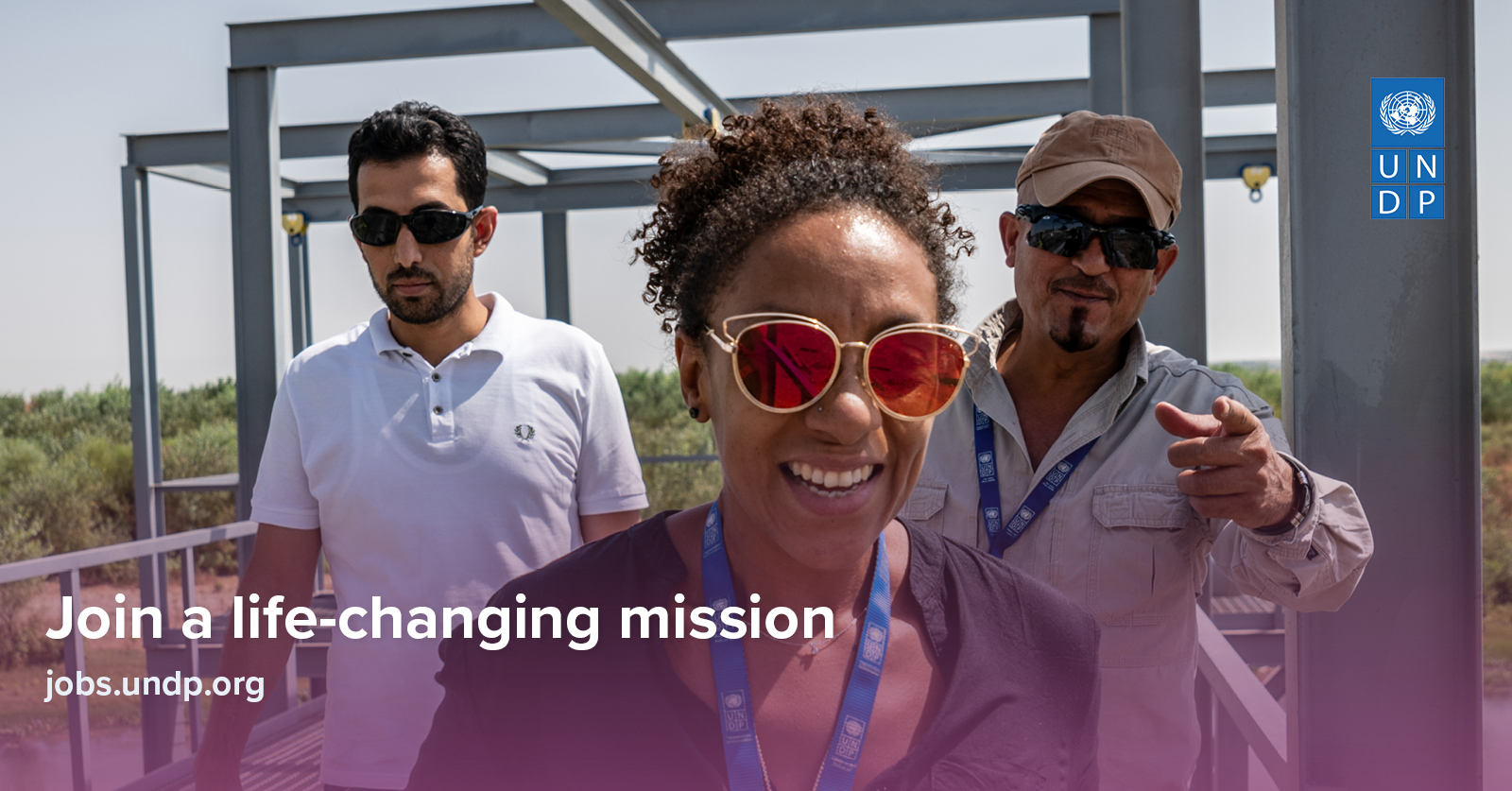
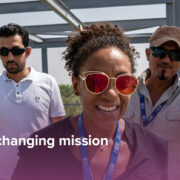

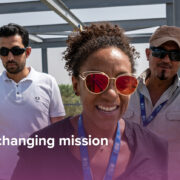

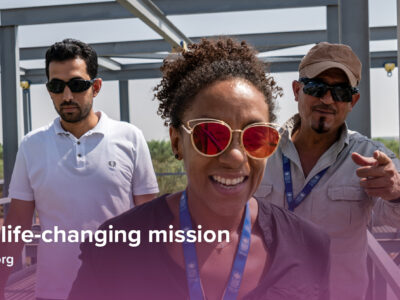

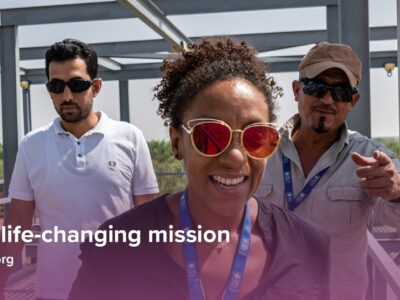


Comments